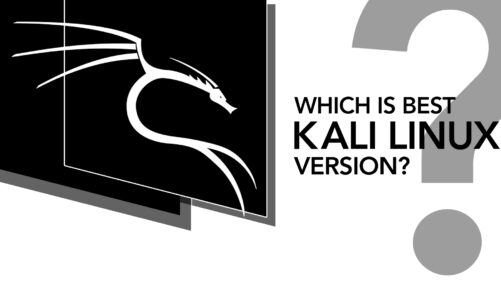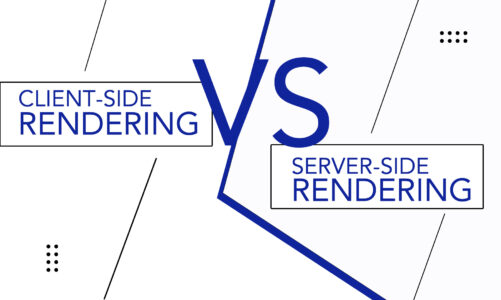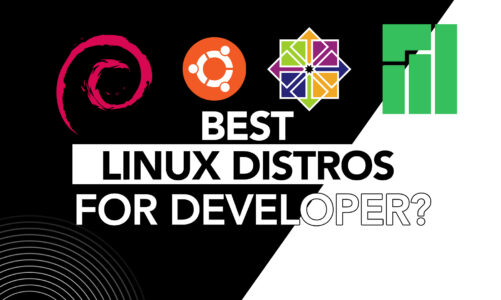What is Open Source Technology?
Open source software is a software program whose source code is freely available for use to anyone. People can view, change, and redistribute it. Different types of programs and software can be open source such as Programming languages (e.g. Java, C++), Operating systems (e.g. Linux, Windows), databases (e.g. SQL, MongoDB), etc. The open-source license inspires a shared community approach to the development and modification of open-source software.
There is a very common misunderstanding that open-source softwares are free. This is not true at all.
Open source simply means that a program’s source code (a collection of commands and procedures that guide the computer program on how to work) is freely available for anyone to use but the program itself might be sold in the market for a profitable reason.
What is IP Landscape?
IP (Intellectual Property) Landscape provides an overview of important details related to a particular patent or technology. It helps businesses to determine their position, in the market. IP Landscape is critical in the processes of patent building and product development. It provides services to people who tend to succeed in industries closely related to IP.
With the growth and advancements in technology, an enormous number of patents are being filed every year. It has become very difficult for companies to observe and analyze market trends and determine important information from the data.
How we can Examine Open Source Applications
The main goal of an open-source program is to resolve the errors and problems in the existing solutions and to bring benefits to the stakeholders. Open-source tools and patent databases are revolutionizing the IP Landscape by making patent search simpler, less expensive, and more efficient. Here are some benefits of using open-source applications
- We can integrate open-source code into our existing applications.
- We can build new software applications from scratch.
- We can collaborate with other companies to develop custom applications.
In the area of intellectual property, open-source tools can be very advantageous to users.
What are the Best 3 Open Source IP Tools?
Developers have created commercial and open-source tools for collecting, cleansing, and analyzing patent data. Open-source IP tools have several advantages as shown below:
- These tools are freely available to use.
- We can get easy access to source code.
- Developers can modify and change the code to transform it into new tools.
The top three Open-Source IP tools are
- PQPI
- PatZilla
- phpIP
PQPI
PQPI is an acronym for Patent Quality through Artificial Intelligence. This tool provides a next-level search engine experience. This search engine examines the search results and displays the top 10 experiences.
PQPI aims to modify the IP Landscape by providing better quality search results for creators/enterprises, patent lawyers, etc. It uses advanced training algorithms to display results based on historical patent records.
A sample example of PQPI is shown below:

The results are as follows:

PatZilla
PatZilla is also known as a Patent Information Research Platform. Its main feature is a search engine that displays references from the European Patent Office’s database. It also gives pdf, image data, etc. It provides many features to the IP Landscape such as a minimalistic User Interface that provides effective screening of multiple references, Collaboration over the Internet for information sharing, and An API for integration purposes.
phpIP
It was developed on open-source software. Patents and other IP rights are managed and docketed using phpIP. It is transforming the IP Landscape by bringing docketing and patent management tools. Users can modify the system according to their own needs and by doing so they can enhance the system.
An example is shown below:

Conclusion
Open-source tools and patent databases are revolutionizing the IP Landscape by making patent search simpler, less expensive, and more efficient. People can get huge benefits from open-source tools in the Intellectual Property domain such as PQPI, PatZilla, phpIP, etc. In this write-up, we have demonstrated how open-source technology is opening opportunities in the IP Landscape.




